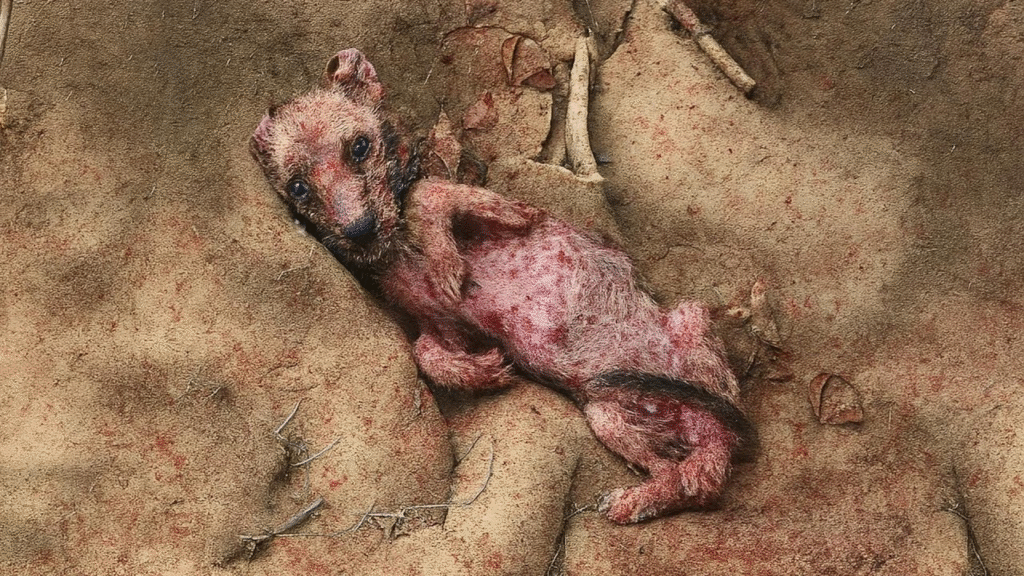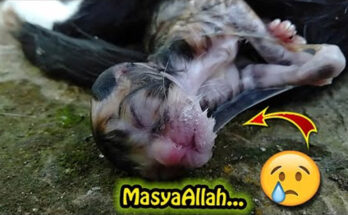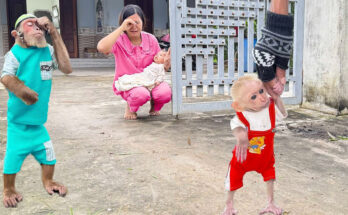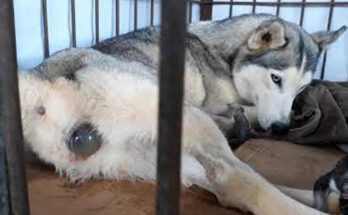Rain had stitched the alley into a gray ribbon when I first saw her. She huddled beneath a warped corrugated sheet, ribs mapping pale constellations along her flank. Her fur, once a proud coat, clung in clumps; her breath came in slow, ragged waves that trembled with each inhale. She barely noticed the passing detritus — all of her attention was the distance behind my eyes, as if she were pleading for something the city had forgotten to give.
I crouched, palms empty and warm, and for a moment the world narrowed to the two of us. She blinked; one eye clouded, the other glassy and raw. When I reached out, she did not flinch but let the touch rest on her head like a benediction. In that instant, anger and ache braided in me. How many nights had she waited under that tiny roof, each star indifferent, each car a thunder she could not outrun?
I carried her to a clinic that smelled of antiseptic and promises. The vet moved with precise kindness, a choreography of comfort: soft blanket, gentle murmur, bandage that felt like hope. She yelped once, a small ghost of pain, and then settled into sleep — the kind that steals you from the immediate past into a safer near future.
Healing isn’t magic. It is a string of small acts: medicine measured in teaspoons, a bowl kept full, a lap reserved. She learned to trust footsteps again; her broken eye watched the world re-teach its kindness. When the wounds mended, something deeper shifted — an animating patience in her gait, a curiosity that returned like spring after a long winter.
Months later, she sleeps on my doorstep, belly full, dreams untroubled. Sometimes she lifts her head and fixes me with that clouded, compassionate stare. In those eyes I see both what she endured and what she forgave. Mercy, I think, is not something the world gives so much as something two creatures find together beneath a tiny roof.



